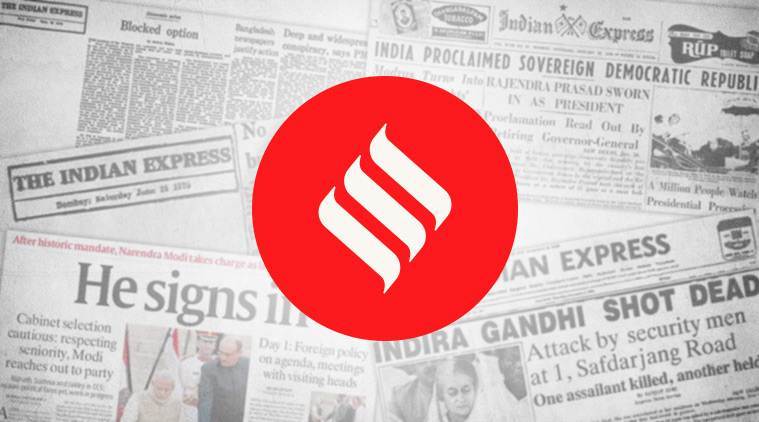By Editorial |Updated: July 11, 2019 12:13:27 pm
May we come in?
Access of press to government is at heart of people’s right to know. Finance Minister should relook at her ministry’s order

There is no ban on the entry of media persons, the Ministry of Finance has “clarified”. But that clarification has failed to stem the unease. Because the fact is that, by an order, restrictions have been imposed on access to the North Block ministry of journalists, including those holding Press Information Bureau (PIB)-accredited cards. What was earlier a short and specific period of quarantine to protect the secrecy of the budget, has now been extended and enlarged into a blanket and arbitrary curb on the press’s access to the Ministry and its officials. As a result, the finance ministry joins a club of government addresses that are off limits for all journalists without prior appointment. The fact is also this: For a government that begins a second term after an overwhelming mandate, promising that it will win “sabka vishwas”, and for Finance Minister Nirmala Sitharaman who showed the grace — not common today on either side of the divide — to seek out former Prime Minister Manmohan Singh before presenting her first budget, this raising of the wall, this attempt to fence off a crucial ministry from the media gaze, sends out unflattering signals. The government is insecure and distrustful, it says. It does not trust the institution of the press, or, for that matter, its own officials, it says.
The Finance Ministry’s order does not just put a question mark against the elaborate process and purpose of accreditation, it also shows a fundamental misunderstanding of the mandate of the media. Journalists accredited by the PIB under the Ministry of Information and Broadcasting are professionals with minimum five years’ experience; the accreditation, issued after a detailed security check by the Ministry of Home Affairs, is for the “access to sources of information in the government and also to news materials…”. A journalist’s work, necessarily and legitimately, includes engagement with all levels of government, both on and off the record. This lies at the heart of the people’s right to know. Access to its corridors, therefore, is no favour granted by the government, and it cannot be governed by its whim or the jargon of the rule-book alone — it is the acknowledgement in a constitutional democracy of the imperative to make space for, and give room to, the check and balance on the elected and the powerful. By trying to keep the journalist out, by making her hostage to the vagaries of executive discretion and the bureaucracy of permissions, the finance ministry risks undermining the unstated but essential compact of reciprocity and respect between institutions.
Other political regimes may have done it too. Delhi’s AAP government imposed curbs on press access to the Secretariat but lifts them each day at 3 pm, Congress governments have been no exemplars of openness either. It may also be that the move may invite no great resistance from the public given the populist trend of cynicism about the media. It is asked: Why should reporters meet officers without seeking prior appointment? Why shouldn’t reporters be banned from informal meetings with them? Such questions are out of place in a democracy. Surely, Sitharaman knows that.









.png)




























No hay comentarios:
Publicar un comentario